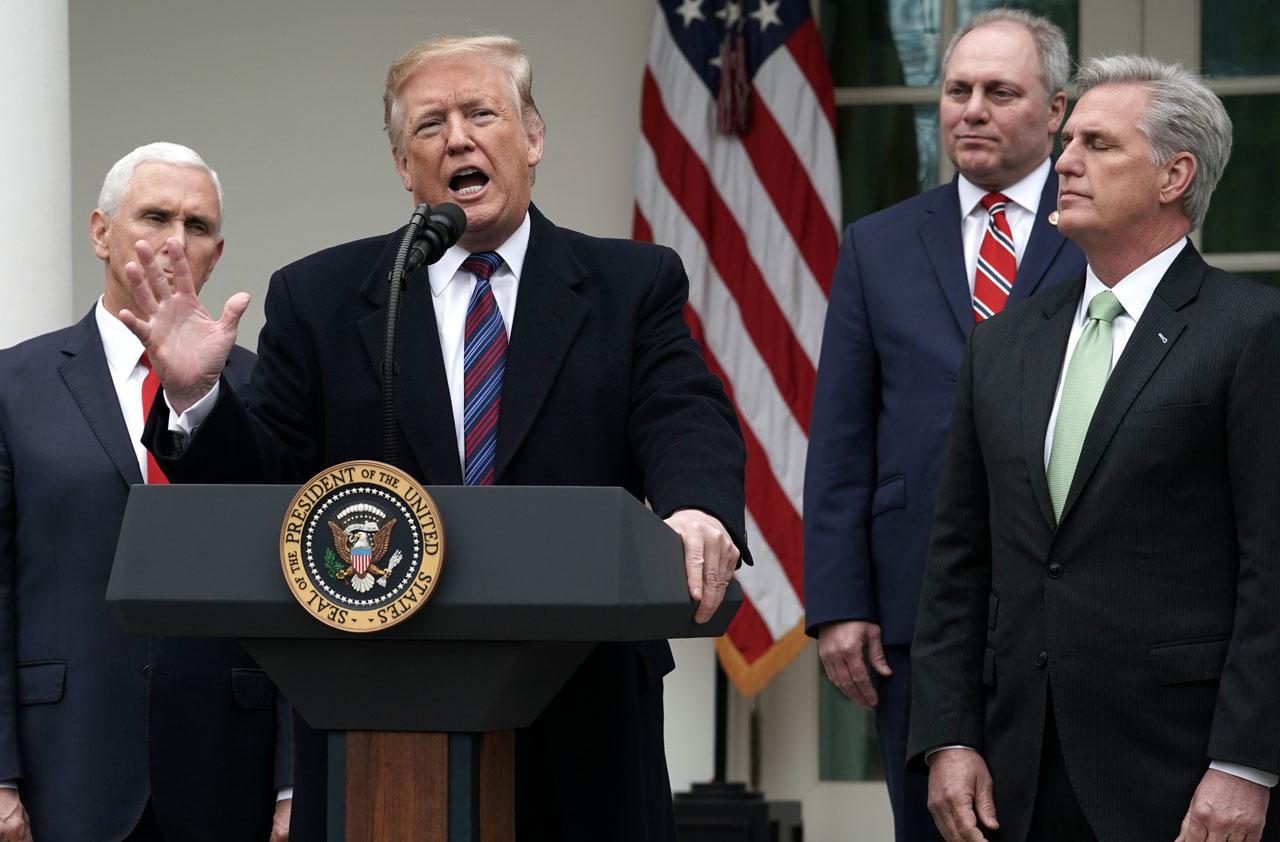A Spotlight on the Southeastern States: The Kiplinger Letter
The Southeastern states will see steady job growth in the healthcare and hospitality sectors with some pressures from inward migration.


Profit and prosper with the best of Kiplinger's advice on investing, taxes, retirement, personal finance and much more. Delivered daily. Enter your email in the box and click Sign Me Up.
You are now subscribed
Your newsletter sign-up was successful
Want to add more newsletters?

Delivered daily
Kiplinger Today
Profit and prosper with the best of Kiplinger's advice on investing, taxes, retirement, personal finance and much more delivered daily. Smart money moves start here.

Sent five days a week
Kiplinger A Step Ahead
Get practical help to make better financial decisions in your everyday life, from spending to savings on top deals.

Delivered daily
Kiplinger Closing Bell
Get today's biggest financial and investing headlines delivered to your inbox every day the U.S. stock market is open.

Sent twice a week
Kiplinger Adviser Intel
Financial pros across the country share best practices and fresh tactics to preserve and grow your wealth.

Delivered weekly
Kiplinger Tax Tips
Trim your federal and state tax bills with practical tax-planning and tax-cutting strategies.

Sent twice a week
Kiplinger Retirement Tips
Your twice-a-week guide to planning and enjoying a financially secure and richly rewarding retirement

Sent bimonthly.
Kiplinger Adviser Angle
Insights for advisers, wealth managers and other financial professionals.

Sent twice a week
Kiplinger Investing Weekly
Your twice-a-week roundup of promising stocks, funds, companies and industries you should consider, ones you should avoid, and why.

Sent weekly for six weeks
Kiplinger Invest for Retirement
Your step-by-step six-part series on how to invest for retirement, from devising a successful strategy to exactly which investments to choose.
To help you understand what is going on in the economy our highly experienced Kiplinger Letter team will keep you abreast of the latest developments and forecasts (Get a free issue of The Kiplinger Letter or subscribe). You'll get all the latest news first by subscribing, but we will publish many (but not all) of the forecasts a few days afterward online. Here’s the latest…
The Southeastern states will all see job gains, though not as good as in 2023.
Florida is in for a strong year, with an expected 1.7% employment growth in 2024, a slowdown from 2023’s 3.4% gain. The healthcare sector, which surged in recent years, remains strong, with several new hospitals on tap. High-speed rail between Miami and Orlando is up to 32 daily trains. A new soccer stadium is coming to Miami. The state has had the second-highest population growth rate in the U.S. as folks flocked there from other states, though the rate is falling quickly. Why? It’s harder to find affordable homes and reasonably priced hurricane insurance.
From just $107.88 $24.99 for Kiplinger Personal Finance
Become a smarter, better informed investor. Subscribe from just $107.88 $24.99, plus get up to 4 Special Issues

Sign up for Kiplinger’s Free Newsletters
Profit and prosper with the best of expert advice on investing, taxes, retirement, personal finance and more - straight to your e-mail.
Profit and prosper with the best of expert advice - straight to your e-mail.
South Carolina, which will match Florida.’s 1.7% employment growth, down from 2.5% last year, has a similar issue. The state has the highest in-migration rate in the nation, with many newcomers being retirees, spurring growth in healthcare and hospitality. However, the influx has put pressure on the housing sector, which remains tight. Though the Palmetto State isn’t immune to the manufacturing slowdown, its emphasis on the automotive sector has it in a better position than most, given pent-up demand. Recently, 16 manufacturers have announced expansions that will create 2,800 jobs.
Georgia will see 1.3% job growth, down from 2.3% last year. Healthcare has added jobs nearly as fast as Florida. since the pandemic. Because of this, nonhospital healthcare facility construction will be a bright spot in the Peach State. The leisure and hospitality sector is booming. A new 976-room hotel in Atlanta should help attract more convention business. Though new office construction has slowed, data centers are going strong. Firms are attracted to cheap energy, and the I-20 corridor south of Atlanta is an affordable area for high-tech companies.
North Carolina is in for decent job gains of 1.2%, after 2.5% last year. The healthcare and hotel sectors are surging, with the latter particularly strong. It’s one of only 10 states where hotels have made a full recovery from the pandemic. Manufacturing and construction are seeing a slowdown. However, the good news is that construction may be on the verge of a turnaround, given the state’s fast pace of population growth.
The Tar Heel State is also becoming a locus for the production of electric vehicle batteries, including Toyota’s first U.S. battery plant, opening in 2025.
Virginia rounds out the region, with an expected 1.0% job growth, versus 2023’s 2.0% rise. The labor force has been growing rapidly, but job growth in most sectors has mostly disappeared, with the exception of healthcare. The rate of unemployment is likely to tick up from its current low of 2.9%. A $10 billion project to install 176 wind turbines 30 miles off the coast has received federal approval. And the Reagan Airport area near Washington, D.C., could see a lot more development.
This forecast first appeared in The Kiplinger Letter, which has been running since 1923 and is a collection of concise weekly forecasts on business and economic trends, as well as what to expect from Washington, to help you understand what’s coming up to make the most of your investments and your money. Subscribe to The Kiplinger Letter.
Related Content
Profit and prosper with the best of Kiplinger's advice on investing, taxes, retirement, personal finance and much more. Delivered daily. Enter your email in the box and click Sign Me Up.

David is both staff economist and reporter for The Kiplinger Letter, overseeing Kiplinger forecasts for the U.S. and world economies. Previously, he was senior principal economist in the Center for Forecasting and Modeling at IHS/GlobalInsight, and an economist in the Chief Economist's Office of the U.S. Department of Commerce. David has co-written weekly reports on economic conditions since 1992, and has forecasted GDP and its components since 1995, beating the Blue Chip Indicators forecasts two-thirds of the time. David is a Certified Business Economist as recognized by the National Association for Business Economics. He has two master's degrees and is ABD in economics from the University of North Carolina at Chapel Hill.
-
 Nasdaq Leads a Rocky Risk-On Rally: Stock Market Today
Nasdaq Leads a Rocky Risk-On Rally: Stock Market TodayAnother worrying bout of late-session weakness couldn't take down the main equity indexes on Wednesday.
-
 Quiz: Do You Know How to Avoid the "Medigap Trap?"
Quiz: Do You Know How to Avoid the "Medigap Trap?"Quiz Test your basic knowledge of the "Medigap Trap" in our quick quiz.
-
 5 Top Tax-Efficient Mutual Funds for Smarter Investing
5 Top Tax-Efficient Mutual Funds for Smarter InvestingMutual funds are many things, but "tax-friendly" usually isn't one of them. These are the exceptions.
-
 Big Change Coming to the Federal Reserve
Big Change Coming to the Federal ReserveThe Lette A new chairman of the Federal Reserve has been named. What will this mean for the economy?
-
 The U.S. Economy Will Gain Steam This Year
The U.S. Economy Will Gain Steam This YearThe Kiplinger Letter The Letter editors review the projected pace of the economy for 2026. Bigger tax refunds and resilient consumers will keep the economy humming in 2026.
-
 Trump Reshapes Foreign Policy
Trump Reshapes Foreign PolicyThe Kiplinger Letter The President starts the new year by putting allies and adversaries on notice.
-
 Congress Set for Busy Winter
Congress Set for Busy WinterThe Kiplinger Letter The Letter editors review the bills Congress will decide on this year. The government funding bill is paramount, but other issues vie for lawmakers’ attention.
-
 The Kiplinger Letter's 10 Forecasts for 2026
The Kiplinger Letter's 10 Forecasts for 2026The Kiplinger Letter Here are some of the biggest events and trends in economics, politics and tech that will shape the new year.
-
 Special Report: The Future of American Politics
Special Report: The Future of American PoliticsThe Kiplinger Letter Kiplinger assesses the political trends and challenges that will define the next decade.
-
 What to Expect from the Global Economy in 2026
What to Expect from the Global Economy in 2026The Kiplinger Letter Economic growth across the globe will be highly uneven, with some major economies accelerating while others hit the brakes.
-
 Shoppers Hit the Brakes on EV Purchases After Tax Credits Expire
Shoppers Hit the Brakes on EV Purchases After Tax Credits ExpireThe Letter Electric cars are here to stay, but they'll have to compete harder to get shoppers interested without the federal tax credit.